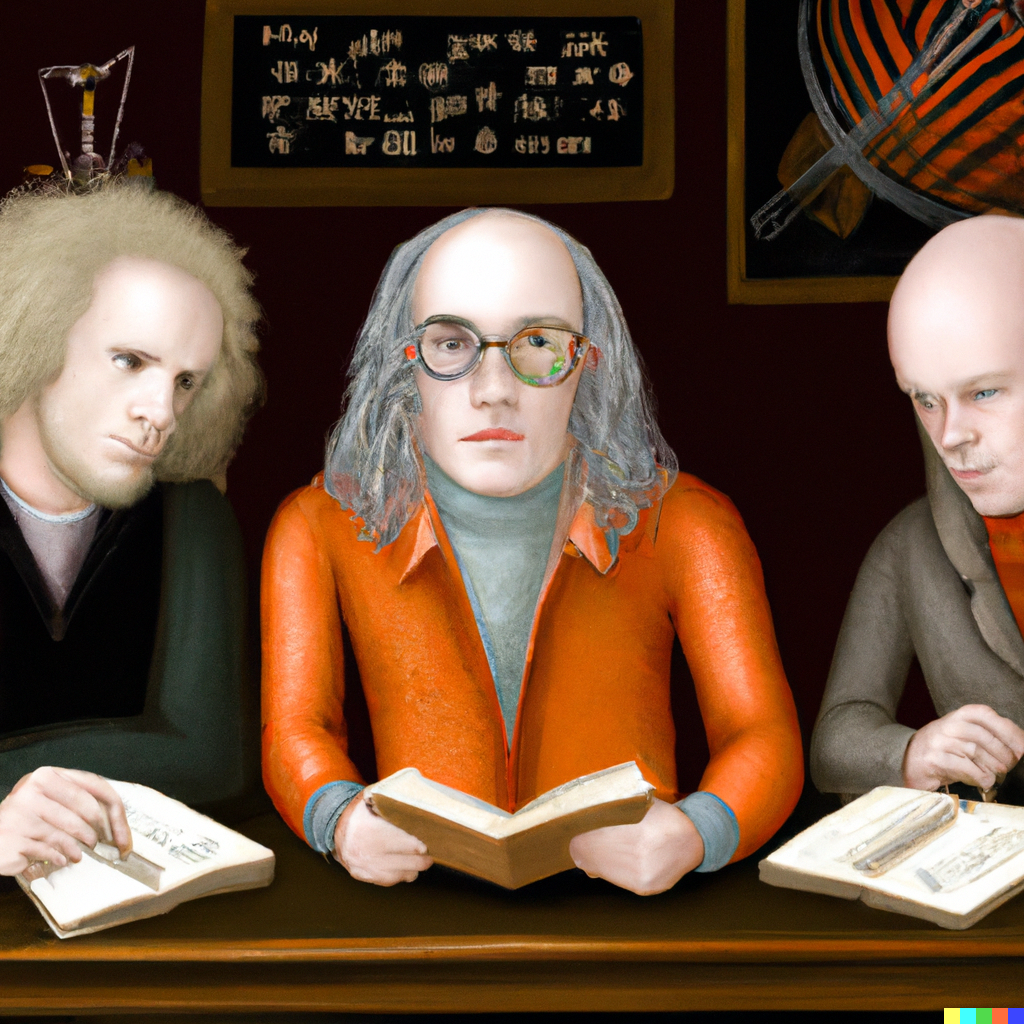Our friends at O’Pake will be on Innovation Wins next week and asked if they could give us a shout-out. They wanted some information and talking points, so it’s as good a time as any to get another blog post together.
How did PubTrawlr start?
There’s the underlying scientific need for PubTrawlr, but I think that is a story I’ve told many times in different settings. No need to rehash it now.
The possibly more boring story is I got into natural language processing in late 2018 as a potential way to deal with the qualitative data that I was collecting and analyzing in community-based settings. Because of my interest in implementation science, I wondered if the same logic could be applied to scientific abstracts.
What’s interesting is that I didn’t approach this problem the “traditional” way that researchers and academics recommend.
I didn’t look into the literature to see the previous research.
I didn’t look to see if there were any equivalent products out there.
I just began coding and tinkering and iterating. Maybe there’s an engineer in me after all.
After about three months, I realized I had “something” that could be useful, but it was only running on my local box. I got in contact with Mind Development and Design, who I first met through a medium-sized f-up I had made in my previous job. The people there seemed cool and patient, and we were able to get something up and running by early October.
At first, I viewed PubTrawlr as an extension of Dawn Chorus, in that it is trying to get good ideas out there and increase the use of data. I still view it that way. But, PubTrawlr is software, as opposed to the more labor-intensive research and evaluation work that Dawn Chorus does. I felt it might be best to separate it legally from Dawn Chorus to make the IP and potential for investment cleaner.
So, after an ironically nine-month gestation period, PubTrawlr was officially born on January 4th, 2021. PubTrawlr shares a birthday with Isaac Newton, Louis Braille, and Michael Stipe. Here’s a picture of them reading scientific articles.

Where are you today?
We’re in a really liminal space. Two months ago, we paused development on the website to gather more customer information. We had heard that we needed more and more and more customer feedback to understand the pain points in engaging with the scientific literature. So we went into a “private veil” and just started conversing with people. This type of process has been reinforced by works like The Mom Test and a podcast I heard with Brian Armstrong of Coinbase.
In the meanwhile, we launched our Week in Science Newsletter. What this does is pull the more representative article from the top journals like Science and Nature and extract the main points in straightforward, simple language. You too can sign up. We are launched (or may have launched by the time you read this) a referral program with escalating levels of swag for getting people to sign up. Yeah, it’s a way to hack to more users. But we also want more feedback.
We truly believe that science is a public good, and the more we can understand what it takes to get it out there, the better.
But there’s more
We’ve also considered how the underlying algorithms apply to other use cases, like Twitter, and grantmaking. We’ve been trialing these out in other projects and will be developing them over the coming year.
What do you want people to know about PubTrawlr?
Primarily, we need you. This isn’t just a case of gathering business intelligence. This is a mission. The scientific revolution has lifted billions of people out of poverty, into health, and created the post-modern age we live in. And yet, there is so much more that could be done if only we increase the utilization of scientific knowledge.
This isn’t just techno-utopianism. The fact is that billions of dollars in research funds–$170 Billion dollars per year, in fact–are wasted. If just a fraction of the waste could pay social dividends, that’s could be innovatively disruptive. So, our goal is to get this information out there by reducing the research–>practice gap.
How did you benefit from your relationship with BFTP? How did you benefit from your relationship with O’Pake?
PubTrawlr’s journey starts with Ben Franklin. They recommended that we connect with the newly founded O’Pake Center at Alvernia University. Both BF and O’Pake have been instrumental in getting us connected with wider networks (notably tecBridge). They helped us build the infrastructure needed to be successful. Things like insurance and a business plan were foreign to me. It was helpful to learn about the necessity of having items and plans explicitly (instead of implicitly in my brain).
Exciting updates/metrics
We have a bunch of things planned for Q3 and Q4. In addition to launching our newsletter and referral plan, we’ve been working with several non-profits around syntheses projects. We plan to launch specialized issues of This Week in Science, probably starting with public health this November during APHA. There are also a few federal grants that we are pursuing that we hope will provide us with additional funds to build up our infrastructure.
We are also moving from Reading to Lancaster to be closer to more of our colleagues, so you’ll be able to find us shooting the breeze at The Candy Factory.
So what can you do?
Yes, you! You are important, and you can help! Sign up for This Week in Science and let us know what you think. The research–>practice gap will not be solved by a couple of knuckleheads banging on a keyboard. It will be solved by real discussion with real people with real needs. Come join us!
